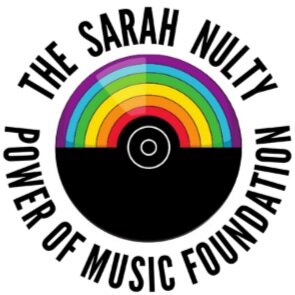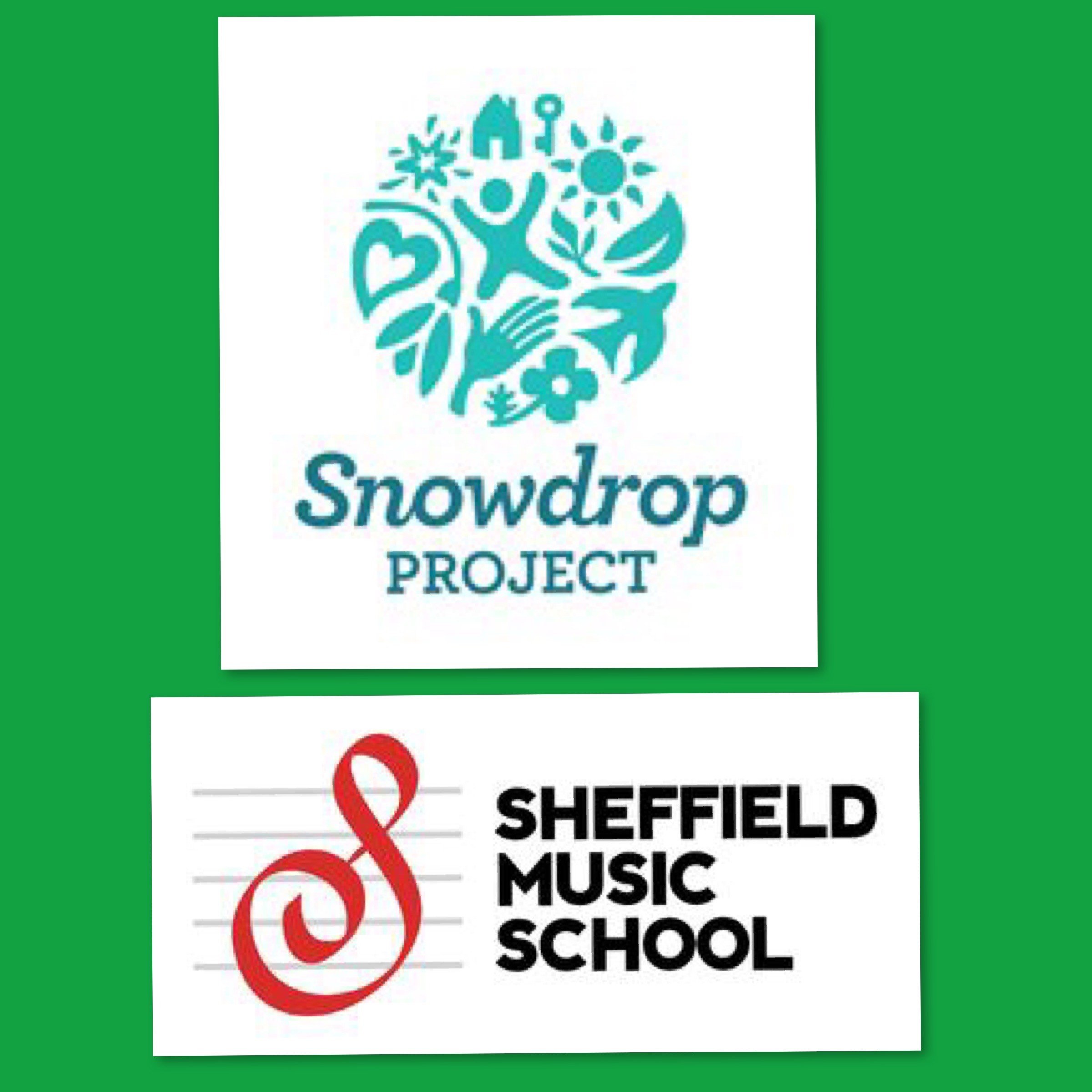We are delighted to be able to support this wonderful Snowdrop Project whose objectives revolve around alleviating the plight of those who are, have been, or are at risk of becoming victims of slavery or human trafficking. Their focus lies in providing charitable assistance through case working, counseling, advocacy, and related support services.
They are dedicated to supporting and empowering survivors of modern slavery and exploitation in South Yorkshire, aiding them in their recovery and the reconstruction of their futures. Snowdrop adopts a holistic, community-based approach, ensuring long-term support that addresses essential needs such as independent living, physical and mental well-being, community engagement, education, and employment. Their comprehensive support is delivered through a casework program grounded in social work principles, an in-house counseling service, house renovations, and community activities.
Their in-house community activities, such as a toddler group, sewing, and ESOL/IT skills, serve as a low-threshold means of reducing isolation and rebuilding trust. Additionally, they facilitate access to external community activities like nature conservation, volunteering, climbing, ESOL, and music appreciation/lessons, fostering broader community integration and independence.
This application seeks funding for a specific individual—an opportunity to cover 6 months of music lessons at a Sheffield music school for the 5-year-old daughter of one of their clients. The mother is a refugee receiving universal credit, lacking savings, and unable to afford music lessons for her daughter. Recognising the potential benefits, she emphasises how music can help her daughter focus, regulate her mood, provide intellectual challenges, and enhance social skills and networking opportunities.
Survivors of trafficking often bear the weight of societal stigma associated with abuse/exploitation, making it challenging to cope with shame and prejudice. Parents work diligently to mitigate the negative impact of their trauma across generations, and a child's development of skills and social repertoire significantly contributes to the family's resilience. Resilience, rather than a solitary effort, is a communal characteristic. The ability of the mother and her daughter to bounce back and thrive is largely influenced by the supportive communities in which they reside, including local organisations like The Sarah Nulty Power of Music Foundation.

